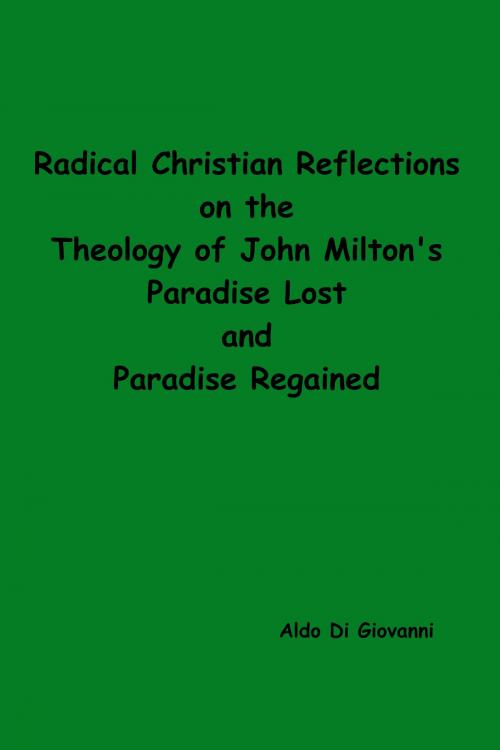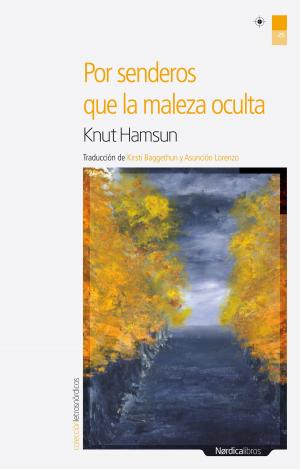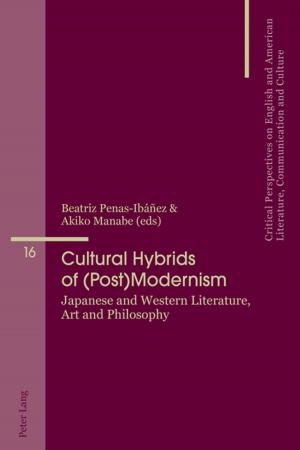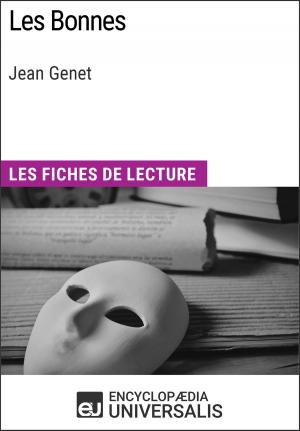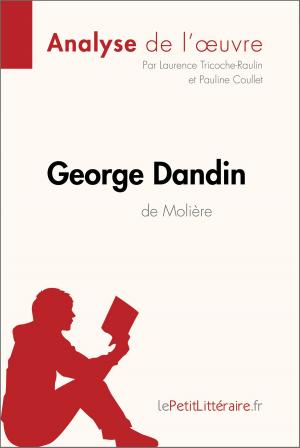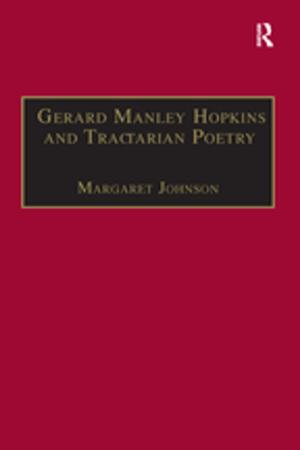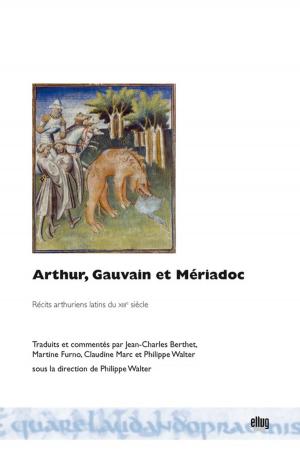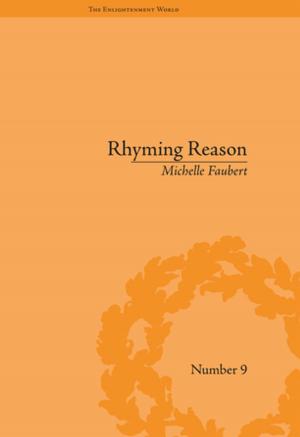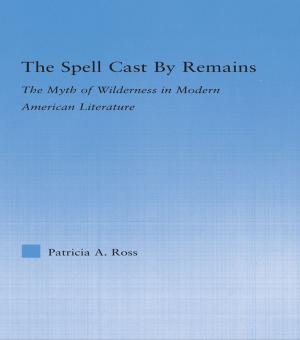Radical Christian Reflections on the Theology of Milton's Paradise Lost and Paradise Regained
Fiction & Literature, Poetry, British & Irish, Literary Theory & Criticism| Author: | Aldo Di Giovanni | ISBN: | 1230001431407 |
| Publisher: | Skillaction.ca | Publication: | November 17, 2016 |
| Imprint: | Language: | English |
| Author: | Aldo Di Giovanni |
| ISBN: | 1230001431407 |
| Publisher: | Skillaction.ca |
| Publication: | November 17, 2016 |
| Imprint: | |
| Language: | English |
It is very difficult if not impossible to gauge the pervasive catalytic influence and enduring impact on our culture of John Milton’s Paradise Lost and Paradise Regained. The epics are not merely seminal literary epics; they also pronounce a subtle illuminating of radical 17th Century Protestantism which was fed by and has fed radical Christian theology since. In effect, its profound language and images emerged from an eclectic Christian environment and have shaped cultural western Christianity for centuries.
This booklet emphasizes the theological insights woven into Paradise Lost and Paradise Regained, whether they were intentionally put there by John Milton, or whether they were culturally incorporated through Milton, as theo-philosophical writings they remain insightful and relevant today.
We subjectively construct time and space from our perceptions of things we encounter that are external to our person. We are not in immediate and direct contact with external things in themselves. On the other hand, we do have contact with our perceptual constructs abstracted from things external to our person. Such abstracted constructs include time and space. Our constructs are fictitious figments of our imagination and change with our subjective experiences.
In the radical Christian framework, we do have immediate and direct contact and experience in personal existing in Existence, generated by Existence, which is the essence of Existence or God. This is spiritual existing which is not constructed by us from things external to our person. Spiritual existence is constructed by Existence itself or by God. The formation of our spiritual person is formed in union with the essence of God or Existence and the essence of the things of God or Existence. In this union, we experience and grasp God indwelling forming our spiritual person according to the distinctions and specific of Christ after the spirit. There is nothing between our person and the person of Christ or God in human terms. In union with God, there is nothing we can perceive external to our person between our spiritual person and God --- no priest, minister or pastor; no group, community or church. Radical Christianity is entirely and only about our person in God of and from God indwelling forming our spiritual person according to Christ after the spirit.
Using sensations, perceptions and cognitions external to our person, we cognitively construct our ‘bodies’ and ‘minds’ into abstractions. We imagine both our bodies and minds temporally in time and space. We can imagine our bodies and minds enduring without an end. In both imaginings, we imagine our carnal, flesh and blood body and our carnal flesh and blood mind.
In reality apart from our bodies and minds, we are spiritual persons with a spiritual character created immediately and directly by God indwelling forming our personal existing from the things of God cast in Christ distinct and specific terms. Our forming and our sensing, and our intelligibly grasping or intuiting that forming while in union with God does not happen external to our spiritual person. It happens from within our spiritual person in God of and from God indwelling. This spiritual birth and life is not in time or space, it is given under a form or in a kind of eternity (sub specie aeternitatis).
Milton, like many other 17th century radical Protestants across Europe, more or less had a sense and grasp of the radicalizing tendencies that lead to experiences and observations like those described above. These are embedded in Paradise Lost and Paradise Regained.
This booklet does not purport to catch any literary merit, let alone excellence. It does look back through particular lens focussed on some of the radical Protestantism of the 16th and 17th century. Historical look backs colour our reading of a writer’s work and bends it this way and that. The radical Christian perspective looks for and reads with an emphasis on the spiritual person’s inner Light or the Word of God indwelling and informing the individual spiritual person. The first part of this booklet is a review of some of the themes of Radical Christianity.
The latter part of the booklet uses a Radical Christian framework to review and comment on theological portions of Milton’s epics. Milton’s two epics are not just once broadly valued jewels of English literature. The epics spew forth the core of human salvation and holiness which is relevant today and which will be relevant going forward.
While the comments may be read as they are, they are best read in light of the verses concerning theological issues cited at the start of each comment.
It is very difficult if not impossible to gauge the pervasive catalytic influence and enduring impact on our culture of John Milton’s Paradise Lost and Paradise Regained. The epics are not merely seminal literary epics; they also pronounce a subtle illuminating of radical 17th Century Protestantism which was fed by and has fed radical Christian theology since. In effect, its profound language and images emerged from an eclectic Christian environment and have shaped cultural western Christianity for centuries.
This booklet emphasizes the theological insights woven into Paradise Lost and Paradise Regained, whether they were intentionally put there by John Milton, or whether they were culturally incorporated through Milton, as theo-philosophical writings they remain insightful and relevant today.
We subjectively construct time and space from our perceptions of things we encounter that are external to our person. We are not in immediate and direct contact with external things in themselves. On the other hand, we do have contact with our perceptual constructs abstracted from things external to our person. Such abstracted constructs include time and space. Our constructs are fictitious figments of our imagination and change with our subjective experiences.
In the radical Christian framework, we do have immediate and direct contact and experience in personal existing in Existence, generated by Existence, which is the essence of Existence or God. This is spiritual existing which is not constructed by us from things external to our person. Spiritual existence is constructed by Existence itself or by God. The formation of our spiritual person is formed in union with the essence of God or Existence and the essence of the things of God or Existence. In this union, we experience and grasp God indwelling forming our spiritual person according to the distinctions and specific of Christ after the spirit. There is nothing between our person and the person of Christ or God in human terms. In union with God, there is nothing we can perceive external to our person between our spiritual person and God --- no priest, minister or pastor; no group, community or church. Radical Christianity is entirely and only about our person in God of and from God indwelling forming our spiritual person according to Christ after the spirit.
Using sensations, perceptions and cognitions external to our person, we cognitively construct our ‘bodies’ and ‘minds’ into abstractions. We imagine both our bodies and minds temporally in time and space. We can imagine our bodies and minds enduring without an end. In both imaginings, we imagine our carnal, flesh and blood body and our carnal flesh and blood mind.
In reality apart from our bodies and minds, we are spiritual persons with a spiritual character created immediately and directly by God indwelling forming our personal existing from the things of God cast in Christ distinct and specific terms. Our forming and our sensing, and our intelligibly grasping or intuiting that forming while in union with God does not happen external to our spiritual person. It happens from within our spiritual person in God of and from God indwelling. This spiritual birth and life is not in time or space, it is given under a form or in a kind of eternity (sub specie aeternitatis).
Milton, like many other 17th century radical Protestants across Europe, more or less had a sense and grasp of the radicalizing tendencies that lead to experiences and observations like those described above. These are embedded in Paradise Lost and Paradise Regained.
This booklet does not purport to catch any literary merit, let alone excellence. It does look back through particular lens focussed on some of the radical Protestantism of the 16th and 17th century. Historical look backs colour our reading of a writer’s work and bends it this way and that. The radical Christian perspective looks for and reads with an emphasis on the spiritual person’s inner Light or the Word of God indwelling and informing the individual spiritual person. The first part of this booklet is a review of some of the themes of Radical Christianity.
The latter part of the booklet uses a Radical Christian framework to review and comment on theological portions of Milton’s epics. Milton’s two epics are not just once broadly valued jewels of English literature. The epics spew forth the core of human salvation and holiness which is relevant today and which will be relevant going forward.
While the comments may be read as they are, they are best read in light of the verses concerning theological issues cited at the start of each comment.
